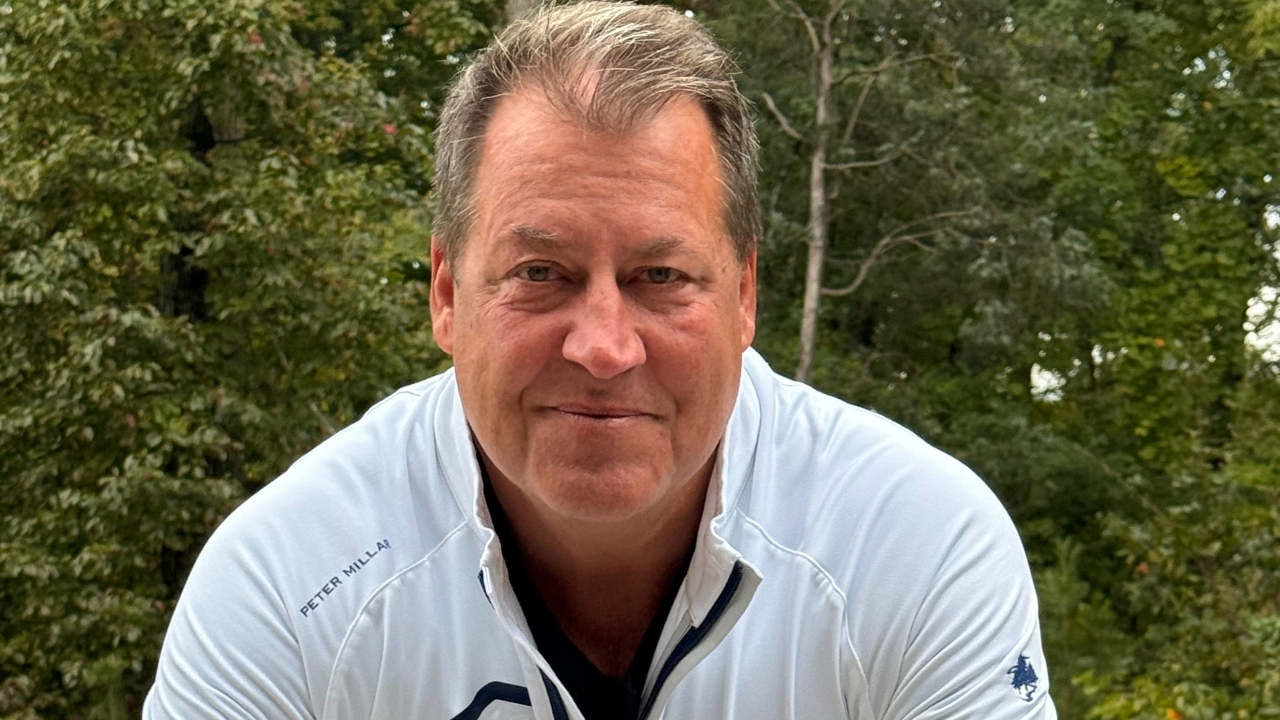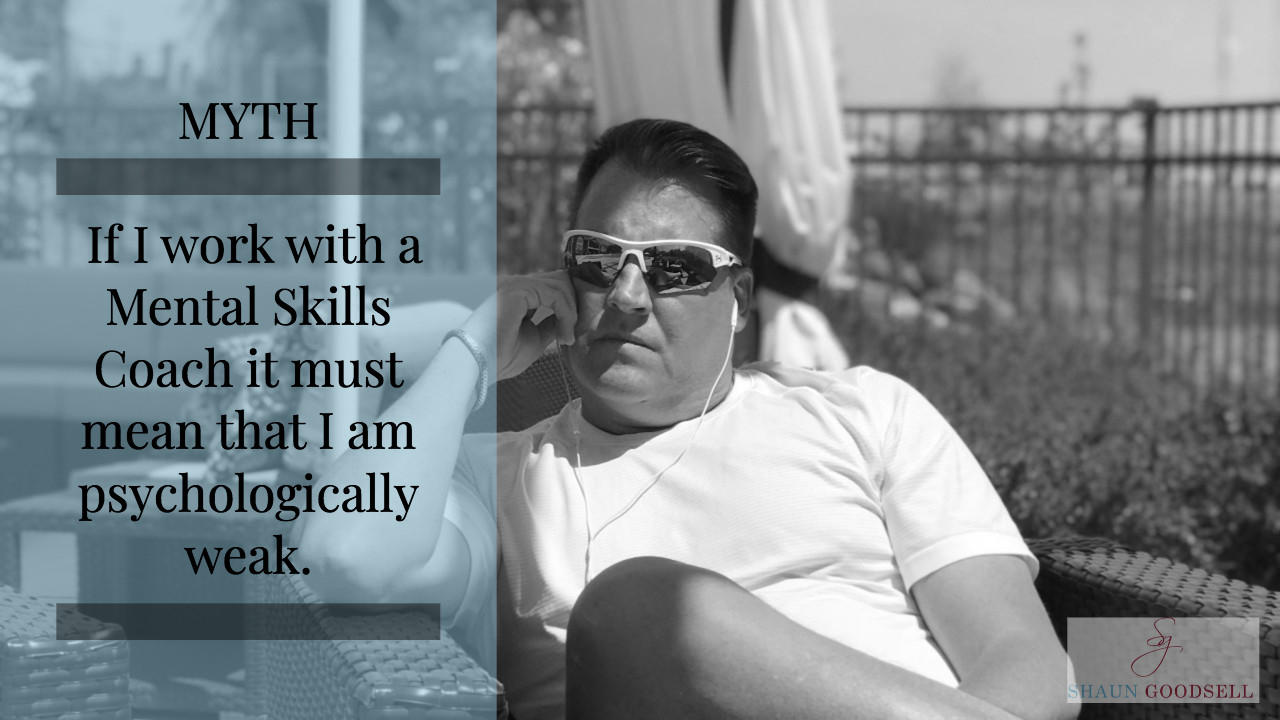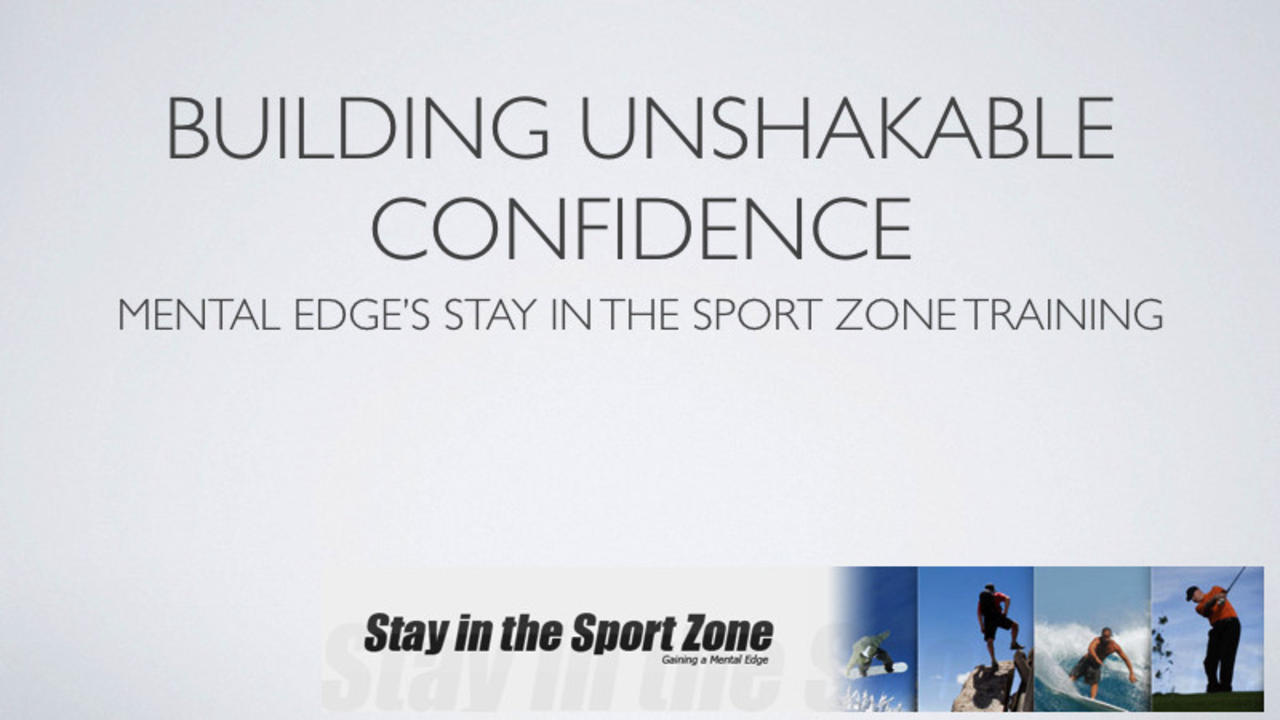The Mental Edge Blog
What does it mean to believe in somebody?
There are many athletes pursuing some kind of dream. This dream could be to go to college and play their sport, move on to play professionally, and finally, ...
You hear people talk about confidence all the time. Rarely are "they" talking about confidence correctly. Let's dig in and I'll break it down for you in this video.
There are many questions athletes ask when they ponder the possibility of working with a Mental Skills Coach. Sometimes, many questions can be answered by simply unpacking some of the most common myth...
I first thought of this concept when I was on the pool deck of a club swimming team working with individuals as they, one by one, jumped out of the pool for a short mental-skills coaching session. (fo...
There isn’t a day in my coaching practice where a question about confidence doesn’t come up.
Confidence is often seen as the CORE DEFICIT when performance is sub par.
I have never heard an athlete s...
We ask ourselves questions all the time. Most of these questions start with the word WHAT.
“What should I wear today?”
“What should I say when asked a question?”
“What should I eat?”
We also ask o...
I think most of us would agree that increasing strength is a good thing. Athletes invest countless hours training for the purpose of increasing their strength. They do this because the rigors and chal...
Who of us would not want a deep, bold and stable confidence?
Unfortunately, to many people the thought of possessing this type of confidence left long ago. It could be that a significant relationship...
Discovering purpose can be very challenging. This might be because we have a pre-determined idea of what it means to have a purpose by generating an image of a hero like Martin Luther King, Gandhi or ...
Have you ever backed down from an opportunity because you were afraid?
Have you ever felt your heart race while doing something that evoked incredible fear?
Have you ever wished you could have more ...





